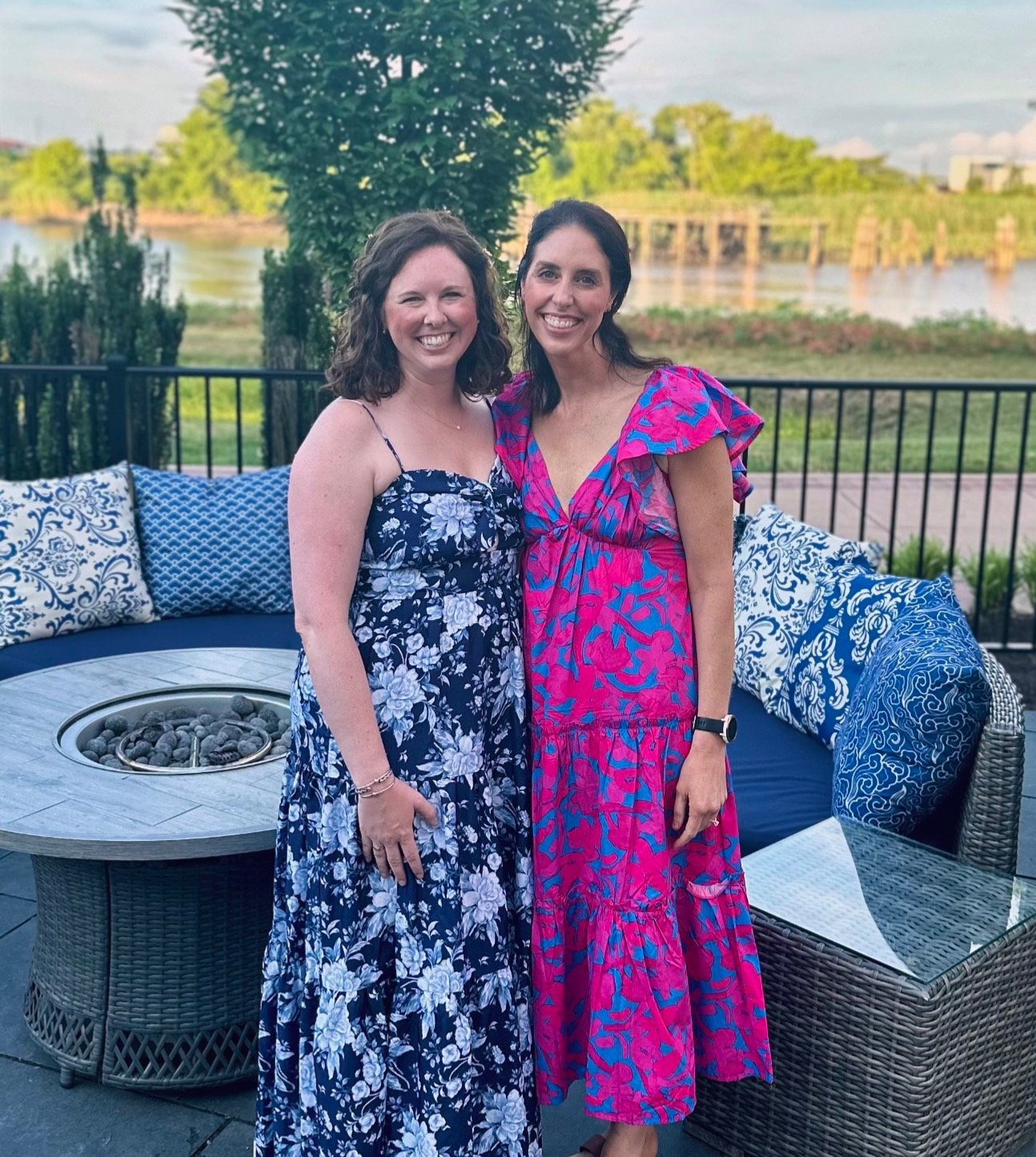Our Mission
At Shine A Light On Stroke, our mission is to raise awareness in our community for stroke survivors and their caregivers. Founded in 2024, we are a dedicated team of volunteers, advocates, and professionals who believe in creating lasting change through collaboration and innovation. We work tirelessly to address the lack of support for this population, by focusing on sustainable solutions that uplift and empower individuals as well as the community. Through partnerships with local businesses and other nonprofits, we strive to make a tangible impact. Our goal is to assist any and all individuals who have been negatively impacted by stroke, in reducing their financial burdens due to out of pockets expenses that insurance hasn’t covered.
Our values are at the heart of everything we do: Compassion, Education, Prevention, Empowerment, and Inclusivity. Thank you for joining us on this journey to make a difference by shedding a light on this important cause. Together we can build a healthier future for all.
Meet our Cofounders:
“The Bridgets”
Bridget Callahan (on the left): Bridget is an Occupational Therapist who is a fun loving aunt, friend, and clinician. After her career in Athletic Training she switched gears to treat individuals in the acute rehab, acute care, and outpatient settings for the past 9 years. She has her LSVT BIG and ATP (Assistive Technology Professional) certifications.
Fun Fact: Her favorite pastime is traveling. She has visited 26/50 states and 10 countries so far!
Bridget DiMaio (on the right): Bridget is a Speech Language Pathologist who is a wonderful wife, mother, and clinician. She has worked in the acute rehab, acute care and outpatient settings for 10 years, and is certified in Speak Out, Vital Stim, MDTP, MBS-IMP, Lingraphica AAC.
Fun Fact: She has run 20+ half marathons, two Olympic triathlons, and one marathon. She has a special place in her heart for running!
Board Of Directors
Bridget Callahan OTR/L, ATP, ATC: Executive Director and Secretary
Bridget DiMaio M.A. CCC-SLP: Executive Director and Treasurer
Dr. Kim Gannon, MD, PhD, FAHA: Dr. Gannon earned her M.D. and Ph.D., in Physiology and Biophysics from University of Mississippi Medical Center. Her research was funded by the National Institute of Health-National Institute of Neurological Disease and Stroke, and American Heart Association. Dr. Gannon has presented nationally and contributed to articles in peer-reviewed publications, including the American Journal of Physiology. She completed her Neurology Residency and Vascular Neurology Fellowship at the Hospital of the University of Pennsylvania, including a Healthcare Leadership in Quality track. Dr. Gannon is the recipient of research recognition and scholarship awards, including induction into the Gold Humanism Honor Society and designation as a Fellow of the American Heart Association. Dr. Gannon has an academic appointment as Clinical Assistant Professor of Neurology at Sidney Kimmel Medical College at Thomas Jefferson University.
Dr. Gannon currently serves as physician executive for the Neurosciences Service Line at ChristianaCare, a four hospital healthcare system in Delaware and Maryland where she is accountable for the neurohospitalist, stroke team, NeuroCritical Care, NeuroInterventional Surgery, and Neurosurgery physicians. She serves as Division Chief of Neurology where she leads quality, safety and performance initiatives for the division, as well as coordinating Neurosciences Grand Rounds. She is Medical Director for the Stroke program, which encompasses Comprehensive Stroke Center at Newark Campus, Primary Stroke Center at Wilmington Campus, Acute Stroke Ready Hospital at Middletown campus Emergency Department in Delaware. She has also been instrumental in expanding the Cecil Country Campus stroke program. Dr. Gannon spearheaded the expansion of tele-stroke coverage across the system, and a campaign to reduce door to needle time to less than 30 minutes on all Delaware campuses. She has worked with EMS team and state police improve pre-hospital management of stroke and continue to improve treatment times.



